
In a significant move against cryptocurrency fraud, India’s Enforcement Directorate (ED) has seized cryptocurrencies worth approximately $190 million tied to the notorious BitConnect scam. This action underscores the ongoing global efforts to combat Ponzi schemes within the digital asset space, signaling a robust stance on investor protection and financial integrity.
The BitConnect fraud, which ran from November 2016 to January 2018, is one of the largest cryptocurrency scams, promising investors returns of up to 40% per month through a fictitious “volatility software trading bot.” The platform collapsed, leaving thousands of investors across 95 countries with losses estimated at around $2.4 billion.
The ED’s latest seizure includes not only the digital assets but also cash amounting to approximately $15,582, an SUV, and several digital devices. These assets were seized following raids in Gujarat, a testament to the intricate web of deceit orchestrated by BitConnect’s founders and promoters.
Understanding the BitConnect Scam
BitConnect’s operation was a classic Ponzi scheme where returns were paid to earlier investors using the investments of more recent investors. The platform’s “lending program” was a mirage, with no actual trading or investment taking place. Instead, BitConnect displayed fabricated returns on its website to maintain an illusion of profitability, luring more investors into the trap.
Investigation and Legal Actions
The ED’s investigation stems from a case initially filed by the Surat Police in August 2022, targeting Satish Kumbhani, BitConnect’s founder, who was arrested in 2019 for orchestrating the fraud. Kumbhani also faces charges in the United States, indicted in 2022 for running what the U.S. Department of Justice described as the largest cryptocurrency fraud ever charged.
“The seizure marks the biggest-ever cryptocurrency seizure by any Indian investigating agency in a single day,” said an ED official, emphasizing the scale and significance of this operation.
The ED has been relentless in its pursuit, tracking digital wallets and gathering intelligence to pinpoint the location of these assets. The agency’s action not only retrieves some value for the victims but also sends a stern message to potential fraudsters in the cryptocurrency sector.
Implications for Cryptocurrency Regulation
This case highlights the challenges regulatory bodies face in the rapidly evolving crypto market. It underscores the need for robust regulatory frameworks to protect investors while fostering innovation in digital currencies. The seizure also serves as a cautionary tale for investors, emphasizing due diligence before investing in any cryptocurrency or platform promising high returns.
What’s Next for BitConnect Investors?
While the seizure of assets is a step towards restitution, the path to compensating victims remains complex. The legal proceedings, both in India and abroad, will determine how these assets can be redistributed to those defrauded. Investors are advised to stay informed through official channels and legal updates regarding any possible recovery of their investments.
The Role of Technology and Regulation
This incident brings to light the dual-edged sword of blockchain technology – while it offers unprecedented opportunities for investment and financial inclusivity, it also opens avenues for sophisticated fraud if not monitored correctly.
For tech-savvy individuals interested in cryptocurrency, this case is a critical study in the importance of cybersecurity, regulatory compliance, and the need for a vigilant investment strategy. It’s a reminder that while the allure of high returns can be tempting, the foundation of any investment should be thorough research and skepticism towards too-good-to-be-true promises.
Conclusion
The ED’s seizure of $190 million in cryptocurrency from the BitConnect scam is a landmark in the fight against digital fraud. As the crypto market continues to evolve, this case will likely influence future regulatory measures and investor behavior, fostering a more secure and transparent ecosystem for digital asset transactions.
For more details on the BitConnect case, you can follow updates from the Enforcement Directorate’s official statements or delve into the judicial proceedings as they unfold.




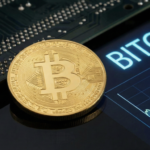
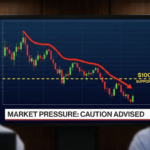





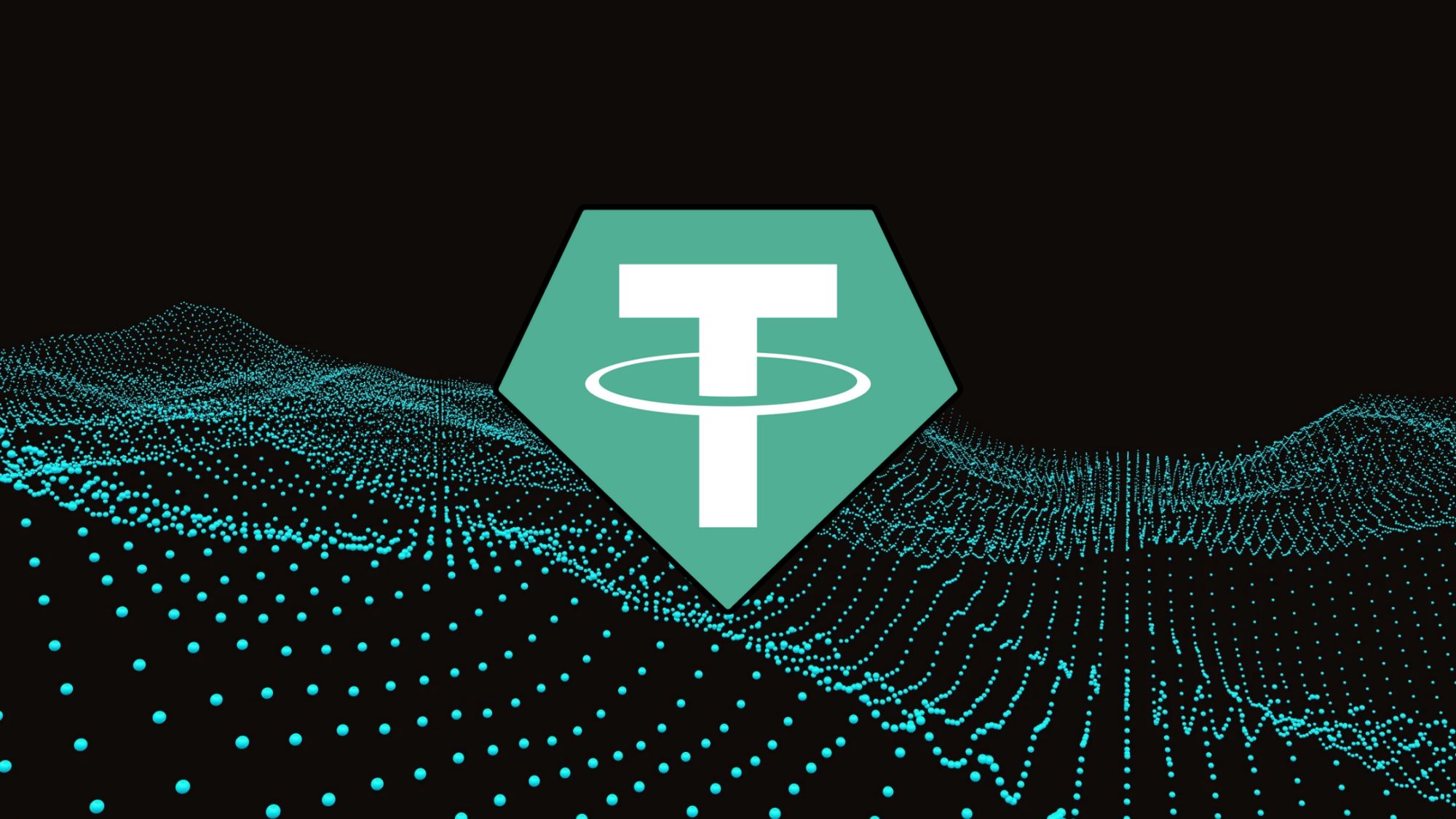
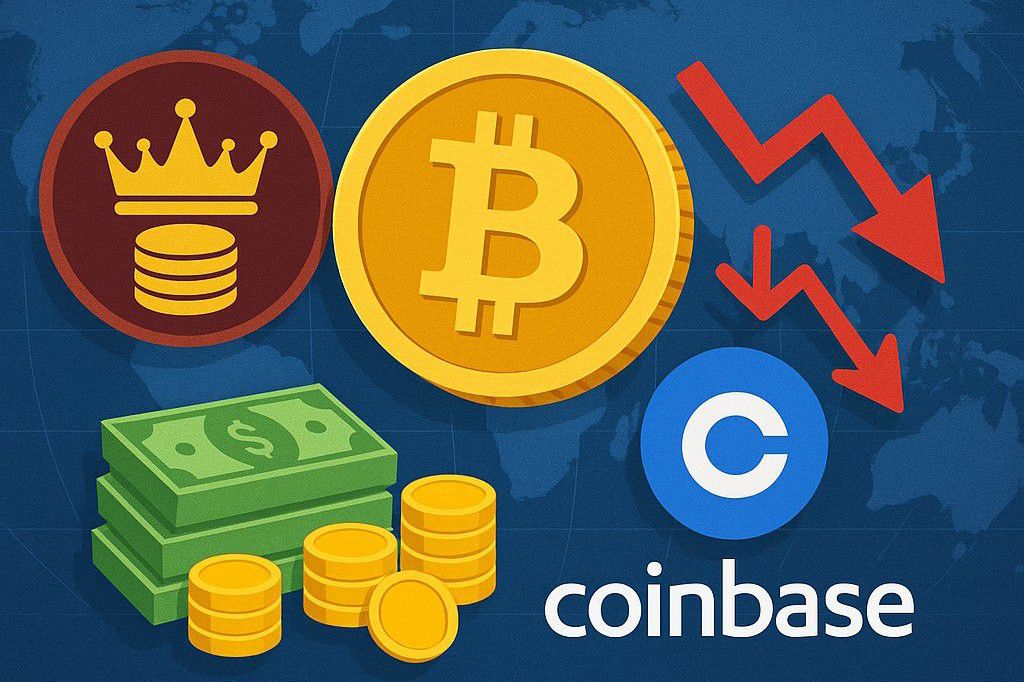

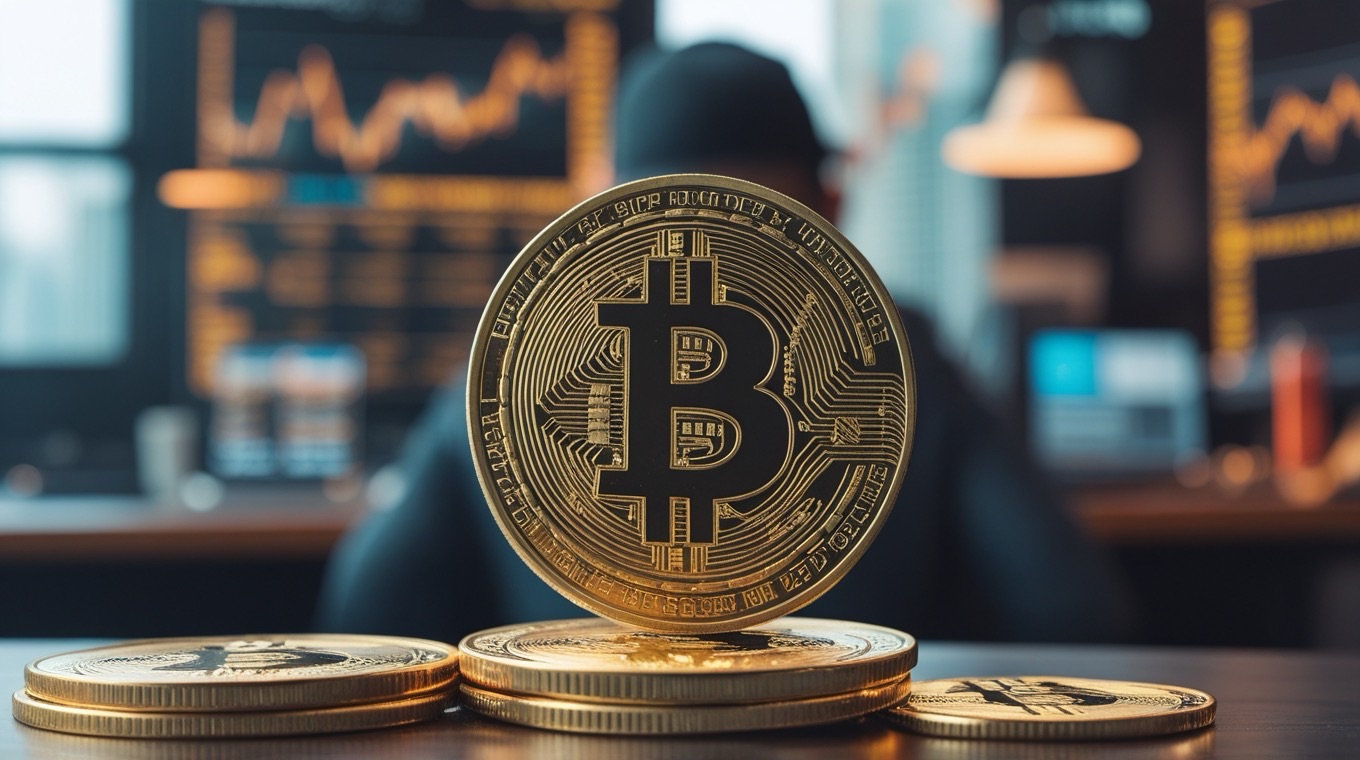

 Join our Telegram Channel
Join our Telegram Channel